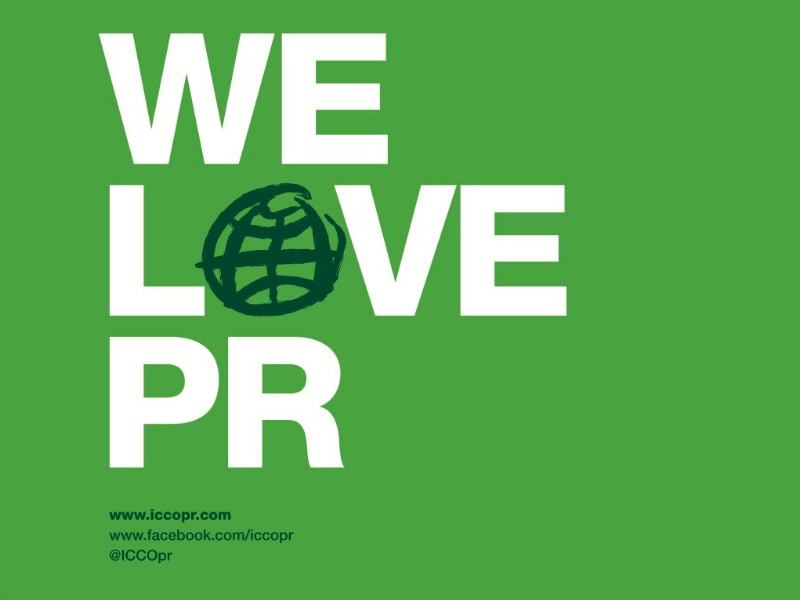Arun Sudhaman 20 Jun 2014 // 11:43AM GMT

The PR world has well and truly arrived at Cannes. That much is clear, not just by the visible PR agency presence throughout the week, but by the work that wins the coveted awards. As Unilever Hair Care PR and social media VP Heather Mitchell noted at a client roundtable: “All the awards are all about the work that we do, yet we’re not getting credit for it.”
The issue of credit is one that we can leave for another day, given the contretemps over which PR agency won the PR Grand Prix first. But the broader point is an important one, and one that resonated repeatedly throughout this year’s Festival. As Paul Holmes eloquently discussed in his feature, there is nothing to gain from an industry that sits on the sidelines at Cannes while its techniques and skills are appropriated by award-winning campaigns.
The threat to PR firms is clear. Sustained industry growth depends on PR agencies being able to access marketing budgets, because communications spend is hardly increasing. And marketing spend, as we know, typically dwarfs the average communications budget. But to prove their worth to senior marketers, as Mondelez’s Bonin Bough pointed out, requires PR firms to improve their talent and demonstrate their capabilities more effectively to the people in charge of paid media.
Nowhere is the talent shortage more pressing, furthermore, than in the PR industry’s creative ranks. It is, as Holmes noted, the most important reason that PR firms cannot afford to ignore the importance of Cannes.
The budgetary threat is accentuated by the speed with which advertising agencies are improving their earned media capabilities. It is no stretch to say that ad agencies are getting better at PR faster than PR firms are getting better at creative.
Yet, the very fact that PR firms are in this conversation at all is heartening, and a significant improvement on the state of affairs in Cannes a few years ago. Back then, the idea that a PR firm could lead brand building would have been greeted with derision. There may still be scepticism now, but it is muted.
This much was brought home to me in numerous conversations with ad agency types during the week, the kind of interaction that is one of Cannes’ hidden benefits. Again and again, I heard that PR agencies have a clear opportunity in the new engagement landscape. People who — a few years ago — would have assumed that a PR firm’s primary role was to help make their ad famous.
The strategy chief of one of the world’s largest ad agencies, for example, told me that he fears PR firms most. Clients, he said, are less concerned about media and digital agencies; the latter because their essential benefit is financial, the former because they are too focused on one channel.
Accordingly, said the ad exec, it is advertising and PR agencies that are likely to be valued the most. What clients want are bold creative ideas, allied to editorial credibility and realtime relevance. PR firms, he said, already understand the second part of that equation better than most. If they can crack the first, then they truly stand to prosper, at Cannes and beyond.


































.jpg)


.jpg)

















